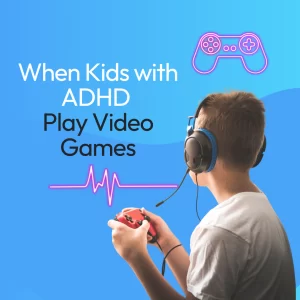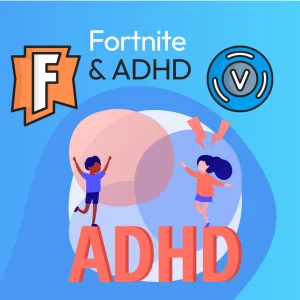“Metaphorically, acceptance means abandoning digging as a way out of a hole.”
Rules dominate our lives. We should stop at red lights. When we find a line, we stand in it. But there is an even more basic rule about what has motivated us throughout our history: avoid ‘bad’ things, and seek out ‘good’ things. Acceptance is confronting the negatives as inevitable. You can see how this kind of thinking served us well for a long time. We should avoid cold and seek warmth. Avoid danger and seek safety. And avoid people who want to harm us and seek those who want to embrace us. One can see how this kind of thinking worked well for a long time; however, things got complicated when we started using language to describe not only the world around us, but the world inside of us.
What does our language have to do with Acceptance?
We use words to label a wide range of feelings (e.g., anxiety, sadness, fear, happiness, joy, love), and we have simultaneously transcribed those feelings on our established axiom of avoiding bad and seeking good. Anxiety, stress, and fear are labeled “bad things,” that must be avoided. While seeking after happiness, joy, and love is a “good” thing. While an understandable conclusion, we forget that anxiety, sadness, and fear are simply emotional responses to aversive events. Not the events themselves.
How does Acceptance relate to Experiential Avoidance?
This idea is at the center of experiential avoidance, and it stops us from being able to make the voluntary and values-based choice to remain in contact with personal experiences in a non-judgmental way. Let’s think about an example: applying for college. This is a huge undertaking that often takes months or even years of planning. Taking the SAT/ACT, writing personal statements, asking teachers to write letters of recommendation, researching schools, the expense and time involved in applications, are just a few of the complicated steps. And you risk doing all that work and still not get into the college you hoped for.
Even though the entire process is incredibly stressful and gives us the feeling that turning back would be the best thing, we persist. We persist, in spite of possible rejection. And the reason we persist is because we know that the potential upside will be worth it. Even if we have to endure a bumpy road along the way. Well, the harm of experiential avoidance comes when we let the stress involved in the application process turn us around. Forcing us to run the other way before we even get the chance to fail.
Moving toward something we want often brings out negative thoughts and feelings (e.g., What if I fail; What if it doesn’t work out; What if we break up) and moving away from those thoughts brings relief. Even if we were moving toward something that would have brought us a lifetime of fulfillment. If we act as though our goal is to avoid stressful emotions, we start to construct our lives around avoiding things that we don’t want, instead of moving toward things that we do want.
Pursuing things that really matter can be discouraging
Well, what do we do to fight against those negative feelings that come up while we work toward things that we think matter? We have to keep in mind that those feelings are simply a normal reaction to values-based action. Acceptance is a values-based choice. It is not failure or tolerance. Acceptance is not giving-up or giving in.
The goal of acceptance is to acknowledge that we are demanded by life itself to feel, think, sense, and remember the things that come up in the process of living a meaningful life. Even though some of those things may not be pleasant. It is to acknowledge the fact that while we pursue the things that are important to us, we can expect to encounter rough waters. We can expect to second guess ourselves. And have people we care about second guessing us. But attempting to scour out the (alleged) sources of our anxiety so that we can control them will always leave us trying to dig our way out of a hole.
Instead, we should opt to curiously explore the nature of our anxiety, our fears, and our stressors. We should accept that stress is a normal part of life. Moving toward our values should not be inhibited by anticipated stress. In fact, there are several things that we can do to increase the likelihood that we choose acceptance v. avoidance:
1) always remember that regardless of what it may look like on social media, EVERYONE is going to experience bumps in the road, and we should be very careful when we think that it would just be easier to trade places with someone else;
2) remember that moving towards the things that we value can present with difficult times, but weathering the storm will be worth it; and
3) know that feelings of stress and fear, and anxiety, and sadness can be very normal things that we all experience!




1 thought on “Acceptance v. Avoidance – Living with uncertainty”
Pingback: Fusion: Can our words influence our reality? - Stand 4 Kind - ACT